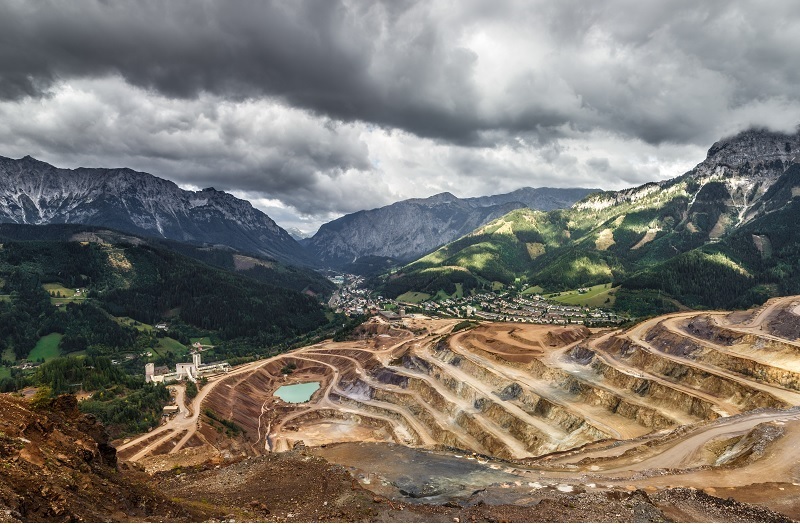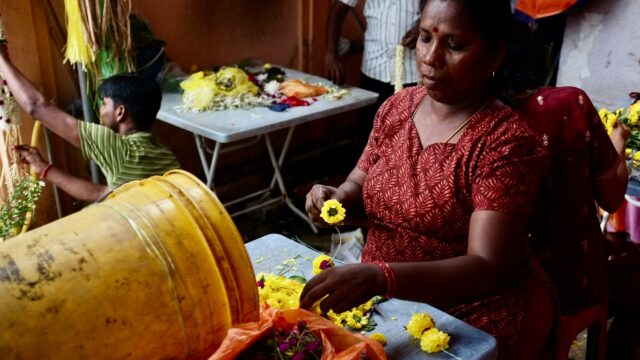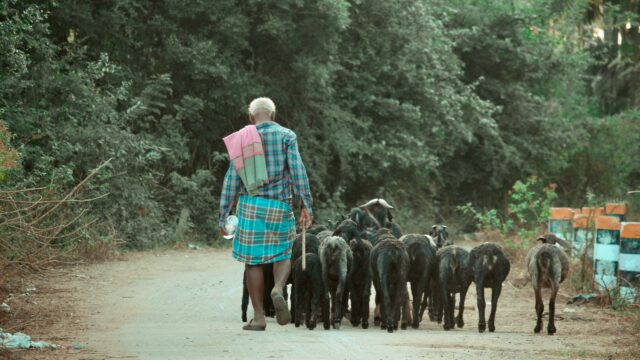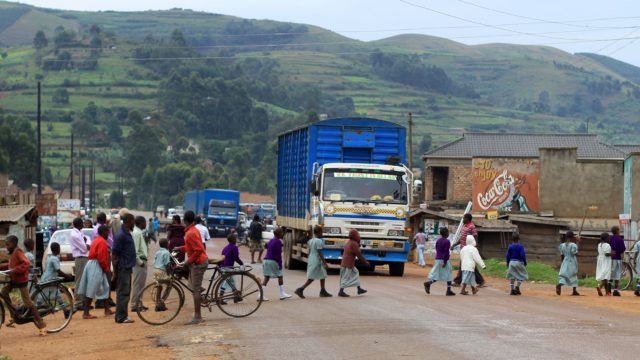No-one can be left behind
Lerato Monaisa argues that indigenous communities in South Africa should not be left behind in the transition away from coal.
In South Africa coal is core to electricity generation, chemicals production and several other industrial activities. However, it is a significant source of greenhouse gas (GHG) emissions and other environmental impacts. As the transition away from coal is underway, it will have significant impact on coal communities.
Coal mining and power generation is concentrated in Mpumalanga, in four municipalities namely eMalahleni, Steve Tshwete, Govan Mbeki and Msukaligwa. These municipalities are highly dependent on coal related activities. Coal related activities account for the majority of formal employment in these municipalities. The coal value chain contributed to 44% of GVA in eMalahleni, more than a third in Steve Tswhete and Msukaligwa and 22% in Govan Mbeki in 2018 (Hermanus and Montmasson-Clair, 2021; Makgetla et al., 2019). These municipalities remain largely undiversified and the presence of coal related activities has not improved poverty, unemployment and inequality.
“ Coal-related activities result in acute land, air, water and noise pollution that pose a threat to the health of workers and communities”
While the coal value chain has been a key driver of economic activity, employment and economic development, it has also been an underlying factor of vulnerability. Coal related activities have negatively impacted other economic sectors such as agriculture and tourism. Coal-related activities result in acute land, air, water and noise pollution that pose a threat to the health of workers and communities. Coal has also been a source of sociocultural degradation in these municipalities (Annette, 2018; Skosana, 2020).
As the transition away from coal occurs, these communities and their workers are most vulnerable. Calls have been made for the transition away from coal to be a just transition. Just transition is an inclusive process and outcome, which offers social protection and guarantees to workers, communities and small businesses in industries that are in decline due to climate change impacts. It aims to ensure minimum disruptions for workers and communities that are dependent on unsustainable industries and energy resources, and ideally set a course through which vulnerable stakeholders are better off (Montmasson-Clair, 2021).
“ Just transition is an inclusive process and outcome, which offers social protection and guarantees to workers, communities and small businesses”
The communities of eMalahleni, Steve Tshwete, Govan Mbeki and Msukaligwa have lived for decades at the rhythm of coal mining, artificially stuck between the need for employment and livelihood, and the right to a healthy environment, safety and well-being. The just transition agenda offers an opportunity, and effectively commands, to overcome this false dichotomy.
The just transition agenda requires first acknowledging the starting point. The past and current situation in the coalfields is highly unjust. Second it requires a strong response, with economic diversification and social support at its core. Third collaborative thinking and implementation to address the massive challenges ahead.
While the just transition journey will be incremental, it should be ushered. It should ensure that action is taken to ensure no one is left behind.
Lerato Monaisa is an Economist, focusing on Sustainability, at TIPS (Trade and Industrial Policy Strategies)
Footnotes
Annette, 2018. Water costs, impacts of coal-fired power grossly underestimated in electricity planning [WWW Document]. Centre for Environmental Rights. URL https://cer.org.za/news/water-... (accessed 7.26.22).
Hermanus, L., Montmasson-Clair, G., 2021. Making sense of jobs in South Africa’s just energy transition: Managing the impact of a coal transition on employment. Pretoria.
Makgetla, N., Montmasson-Clair, G., Maseko, N., Patel, M., 2019. National Employment Vulnerability Assessment: Analysis of potential climatechange related impacts and vulnerable groups. Trade and Industrial Policy Strategies.
Skosana, D., 2020. OPINIONISTA: Mine, not yours: When will mining companies realise ancestral land cannot be valued in rands and cents? [WWW Document]. Daily Maverick. URL https://www.dailymaverick.co.z... (accessed 8.26.21).



